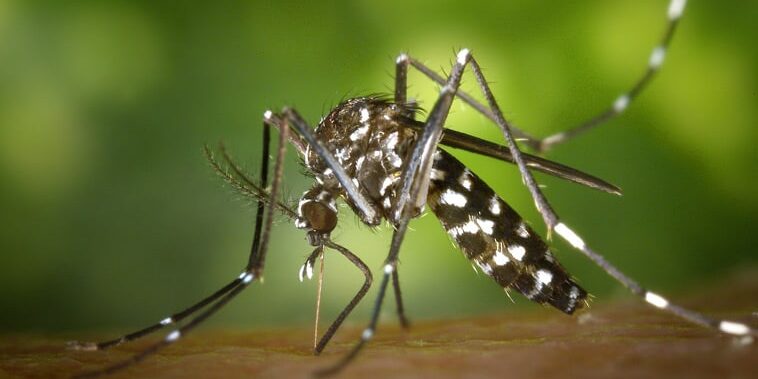What Is Heartworm?

Heartworm is a parasitic roundworm with a small, thread-like body. It can cause dirofilariasis, a mosquito-borne disease characterized by pulmonary artery infection.
Heartworms primarily affect common household pets, such as dogs, cats, and ferrets. Mammals such as sea lions, coyotes, wolves, and foxes are also easy targets.
Can Humans Get Heartworm?
A common question about heartworms is whether humans can catch it. Many members of the mammal species are susceptible to it, so can humans contract heartworms? Technically, yes.
There are few cases, though. The human body is not a natural host, so the heartworms often die before they can mature.
Signs Your Pet Has Heartworm
Pets are significantly at risk of heartworm, though.
Dogs
- fatigue
- coughing
- unwillingness to move
- loss of appetite
- a swollen belly
Cats
- loss of appetite
- vomiting
- sudden weight loss
**These are nonspecific symptoms similar to other cat diseases, so rather see a veterinarian.
What to Do If Your Pet Has Heartworm
Heartworm treatment varies, depending on the type of pet you have:
Dogs
Dog owners have to be more alert than cat owners when it comes to heartworms. These furry, four-legged canines are natural hosts.
The parasites have everything they need to mature, thrive, mate, and reproduce. In severe cases, the number of heartworms in the dog’s heart could be hundreds.
Heartworms will scatter and cause permanent, lasting damage to your furry pet’s arteries, lungs, and heart. There’s no guarantee of reversing these conditions even after eliminating the heartworms.
It’s vital to address the issue as early as one can, taking your dog for regular checkups and ensuring they’re fully vaccinated. Do not hesitate to visit the animal clinic if the dog show signs of dirofilariasis.
Cats
Cat owners breathe a sigh of relief knowing that cats aren’t as good a host to heartworms as dogs, but caution is still advised. Most heartworms don’t get the chance to mature inside a feline body or reproduce.
It can’t host too many of these parasites. On average, most cats only have one to three heartworms at a time, while dogs can host hundreds simultaneously.
Since cats aren’t as susceptible to heartworms, most do not show signs or symptoms of dirofilariasis. Cat owners should understand that having even one heartworm could already damage the internal organs, though. Cats aren’t in the clear when it comes to heartworms, then.
Get your feline friends tested, vaccinated, and checked regularly for these parasites. Most cases are asymptomatic, so only a trained vet can say for sure whether a cat has worms.
How to Prevent Your Pet from Getting Heartworm
There are several ways to protect your beloved pets from heartworms:
- Get Them Vaccinated: Make sure your pets are vaccinated—it is the first line of defense against preventable illnesses.
- Set Regular Trips to the Vet: Never skip a visit to the vet—regular checkups will guarantee that your pets are safe and healthy.
- Hire Mosquito Exterminators: The experts at Native Shield can treat your home safely to exterminate existing mosquitoes and repel nearby pests. You, your family, and your pets will be safe and healthy again.
